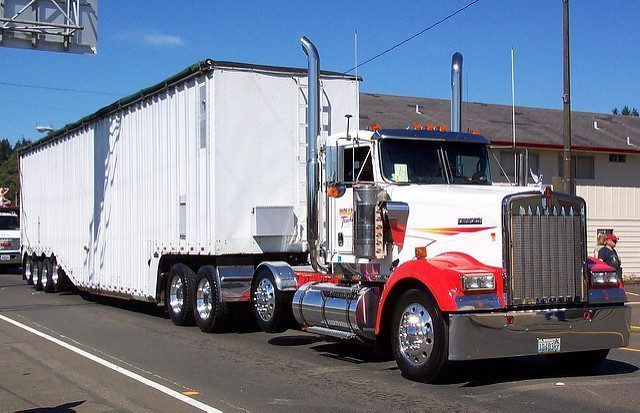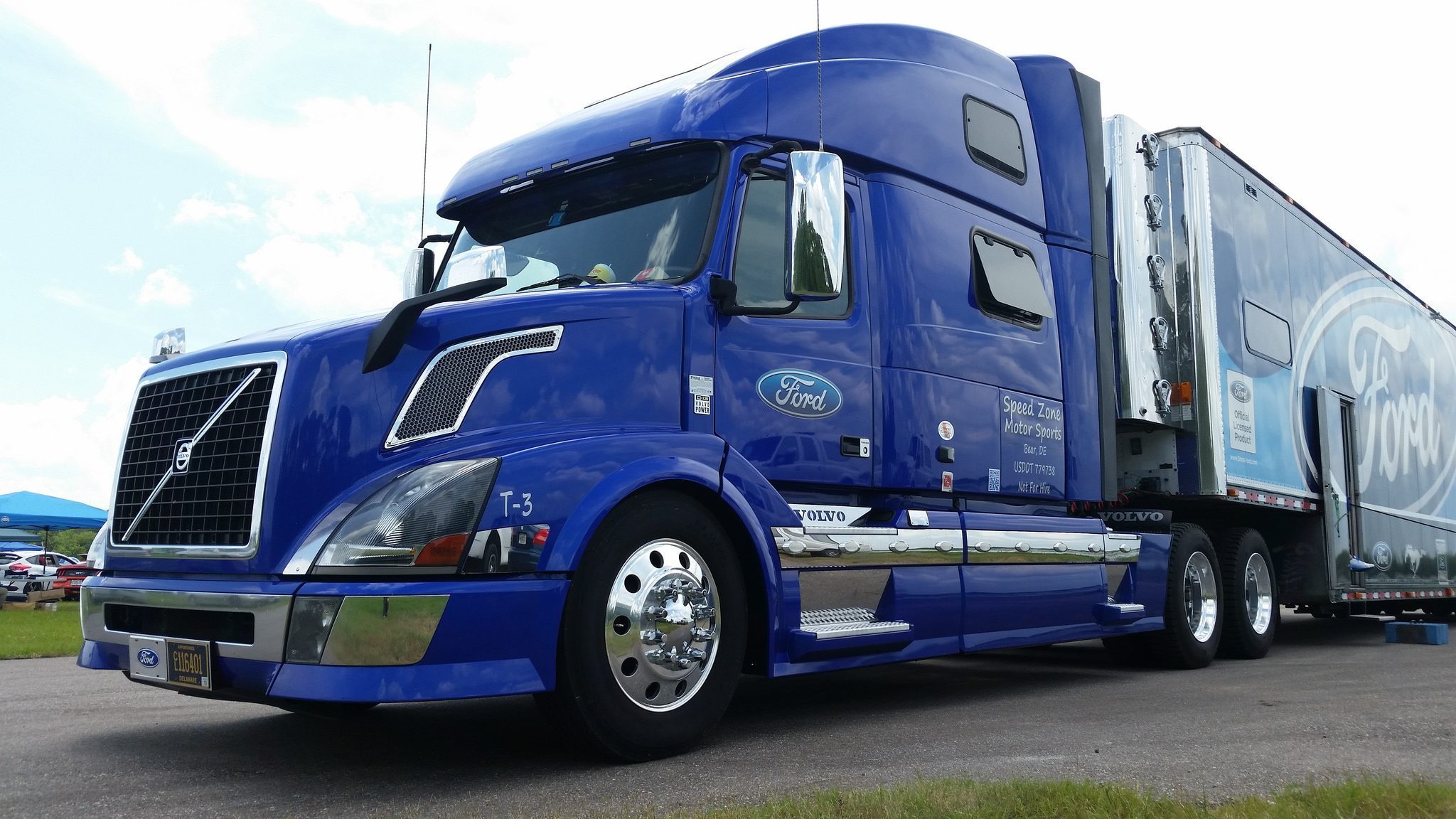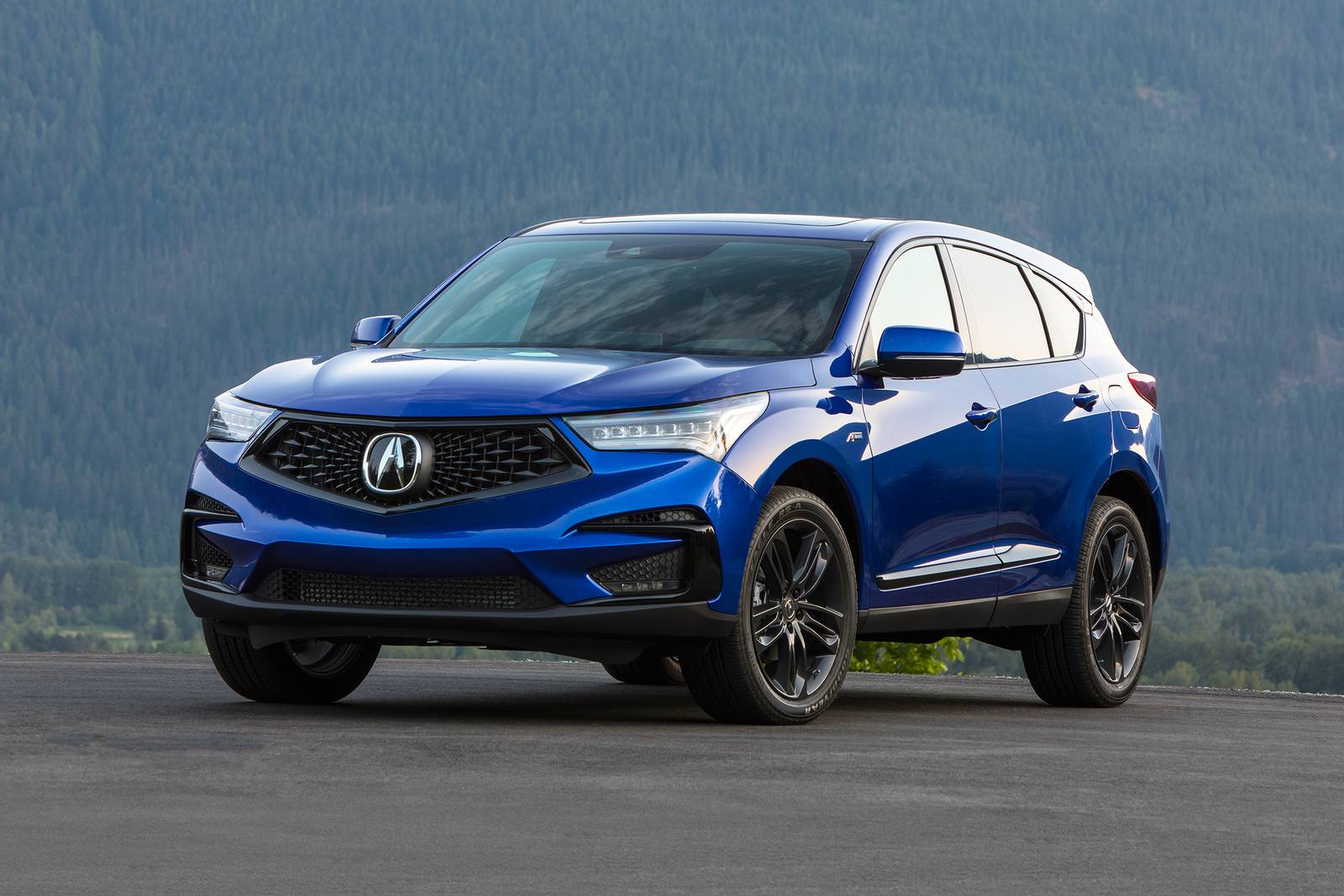Self-Driving Trucks Could Change the Shipping Industry
Driverless vehicles are coming, and it’s only a matter of time before they’re common on our roadways. When people think of driverless vehicles, Google’s fleet comes to mind along with several others like Tesla, BMW, and Audi. The most viable form of the technology — at least right now — is seen as a self-parking feature.
Consumer vehicles aren’t the only ones that will be getting the autonomous treatment. Freighters and trucks will also be equipped with self-driving technology. Roland Berger claims that self-driving trucks introduce a series of improvements to the industry, such as improved fuel economy and better safety for everyone.
New technology is not unheard of in the freight industry. Many vehicles are constantly outfitted with new gear, such as the GPS tracking tech used to monitor a fleet.

Consider the Many Benefits of Self-Driving Trucks
Self-driving trucks will reduce the danger imposed on their drivers. Right now, drivers are forced to work long hours while fighting boredom, stress and fatigue throughout their entire trip. This puts their lives in danger, as well as the lives of other drivers on the roadway.
Automated trucks can reduce this danger by allowing drivers more time to rest, which will improve their focus. Right now, these systems are being implemented in newer vehicles, but the technology isn’t quite at the stage where the trucks will drive themselves. Features like adaptive cruise control, forward collision warning systems and rear parking cameras are only a start.
Automated vehicles would likely boost the new driver pool, solving the current industry shortage. Tech-savvy youth may be more willing to work with the new technology, which is part of the issue because no one new seems to be signing on to haul freight.
The biggest benefit of a fully automated fleet comes from the reduction of fuel consumption. Automation could see the rate drop by as much as 10 percent.
Accidents could become rare too, from 222 crashes per 1 million vehicle miles in 2000 to only 8 of them by 2040. That’s a huge improvement, especially considering about 4,000 people die every year in the US due to truck accidents.
Remember There Are Caveats, Too

As with any change, there are caveats to go along with the new technology, as well. The obvious con is that the cost of freighters will increase thanks to the new technology. Self-driving trucks could cost as much as $23,400 more than traditional freighters, jumping the price of a tractor-trailer from $165,000 to $200,000. The make and model of the truck will be the largest factor in price, of course.
This means that the cost of severe accidents would rise in the event a truck is totaled. That said, the accident rate would decrease, so it might not make a difference.
The technology might also require existing or experienced drivers to undergo a new training regimen to learn the new features. The biggest change is that drivers won’t have control of the trucks at all times, handing it over control to a computer system. They’ll need to know how to interact and maintain the systems while on the road.
Also, if the vehicles can drive themselves, it may put many freight drivers out of a job. At the least, it may reduce the cost of their annual salary, possibly impacting the consumer economy.
It will be a while before we actually see self-driving freighters tested on the roadways, but don’t get stuck thinking that it’s too far in the future to worry about. It’s happening.




